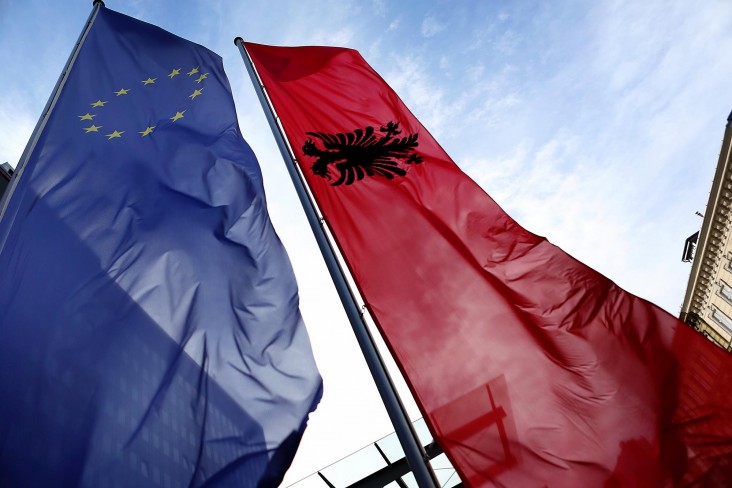You are viewing:
Archived Content
Information released online before January, 2021.
You are viewing:
Information released online before January, 2021.
Note: Content in this archive site is NOT UPDATED, and external links may not function. External links to other Internet sites should not be construed as an endorsement of the views contained therein.
You are entering the 2017-2020 Archive for the
United States Agency for International Development web site.
If you are looking for current information, visit www.usaid.gov.

Albania was the last of the central and eastern European countries to embark on democratic and free market reforms, and it started from a disadvantaged position due to communist leader Enver Hoxha's catastrophic economic policies. The democratically elected government that assumed office in April 1992 launched an ambitious economic reform program meant to halt economic deterioration and put the country on the path toward a market economy. However, the collapse of the infamous pyramid schemes in 1997 and the instability that followed were a tremendous setback.
The country subsequently recovered and is now pursuing its Euro‐Atlantic integration agenda. Albania joined NATO in 2009 and is a potential candidate for EU accession. Although Albania's economy continues to grow, the country is still one of the poorest in Europe, hampered by a large informal economy and high levels of corruption which impede reform efforts. Positively, in October 2013 the EU Assessment Report announced that Albania would be granted candidate status on the condition it continued robust political and economic reforms.

Comment
Make a general inquiry or suggest an improvement.